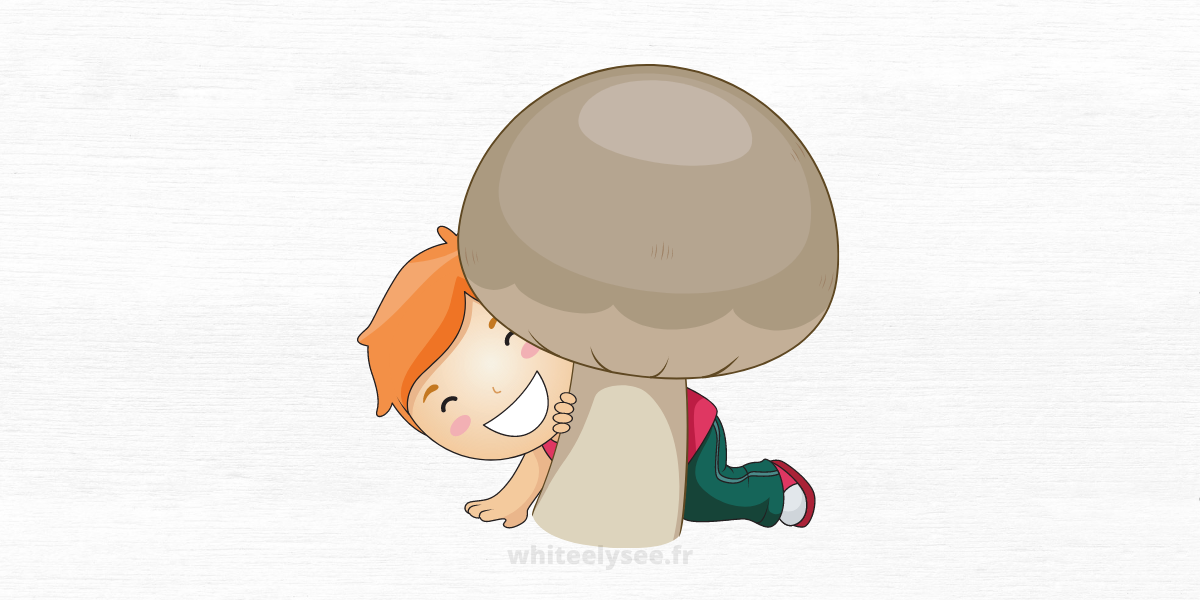
“Ability is what you are capable of doing. Motivation determines what you do. Attitude determines how well you do it.” Lou Holtz
There are many reasons teams fail, and there’s an absence of efficiency or accountability in various teams at work. When I’ve conducted workshops on team building and leadership across the world over the past ten years, I have heard almost every day the primary reasons teams aren’t productive. Leaders often report to me that “There’s no accountability.” or, “Our team members handle communication and conflict resolution differently, and don’t always get along.” Effective interpersonal communication and interpersonal skills are crucial for the team’s success. A team often needs an effective “airing” of the issues during team building sessions. These are the 10 top reasons I have heard that prevent teams from performing at their best:
1. Backstabbing.
If you’re the team leader and you are having issues with backstabbing, then suggest that the group develop a code of conduct. For example, if there’s any form of backstabbing among team members, and they are unable to deal with it by themselves, the issue is brought to the attention of that team’s head.
2. Interrupting.
This is a typical issue during meetings. The team should create a policy, for example, “No one is allowed to speak until the other person finishes, and you raise your hand.” It all starts with the leader of the team.
3. “Tangents.”
A group is taking tangents during meetings. When you’re the leader of the group, be sure to ask the other members whether they would like to know more about the subject that is being debated. If not, let the person know that they can speak privately with you after the meeting. Keep in mind tact and diplomacy.
4. Whining.
Make it a rule of the game that the team members have to find an answer every time they complain. One team even held cue cards that had a sad expression whenever somebody complained too much. This added humor to the meeting, but it also got the message across.
5. Do not share knowledge from the job not sharing job knowledge.
This is so crucial that it should be a part of the job descriptions of every worker. Sharing knowledge, skills, and ideas is essential to team success. Whatever group-building activities you take part in with your group will not be effective without this basic principle.
6. Tardiness.
Do you have an employee who is always tardy? What effect does it have on the team’s morale? Establish a standard of writing about what’s considered “late.” This can also help to ensure accountability.
7. There are too many breaks (or overly lengthy).
Include the breaks allowed and the timeframe in the job descriptions. A different option is to let the team brainstorm the number of breaks each team member will take during the course of a day. Include the time in minutes. Make sure you are specific.
8. The disorganization of shared workspace.
Two common issues: 1.) The shared workspace is so tiny that it hinders productivity. 2.) When the messy “Oscar” and clean “Felix” share workspace, Let them establish the rules for what’s considered tidy and neat. They should ask themselves, “Is this problem affecting productivity?” I enjoy it when I walk to the break room of a company and the sign above the sink is written, “Please clean up after yourself. Your mother doesn’t work here!”
9. Personal use that is excessive, either on or off the phone.
In my workshops all over the world, I hear a lot of complaints from those who have received numerous joke emails. Another issue that is common is when someone is speaking loudly on an individual phone. Make sure that the team has defined the guidelines. Although everyone loves to socialize, What is thought to be affecting the team’s performance?
10. The leak of confidential information.
What information is considered to be confidential? Make sure you specify it and put it in the form of a document. Remind everyone to follow through.
Effective communication is crucial to the achievement of any group. Bring your team together to have a team-building session. Make everyone write down and discuss any possible unacceptable team behavior. Are there any problems or events that are negatively impacting the team? What are the issues that could affect your team’s performance in the coming years?
Note everything down. Print it out and distribute a copy to everyone. There is an increase in “buy-in” because they participated in the solution. Make everyone accountable. Without accountability, there’s no motivation to alter behavior. Your team members will be eager to see your role as a leader who can be trusted to take action.
In the final analysis, how are you doing as a role model? When you think about how to be a good leader of your team, keep in mind that your team members will pay attention to what you say and, most importantly, the actions you take.
“What we prepare for is what we shall get.” William Graham Sumner





